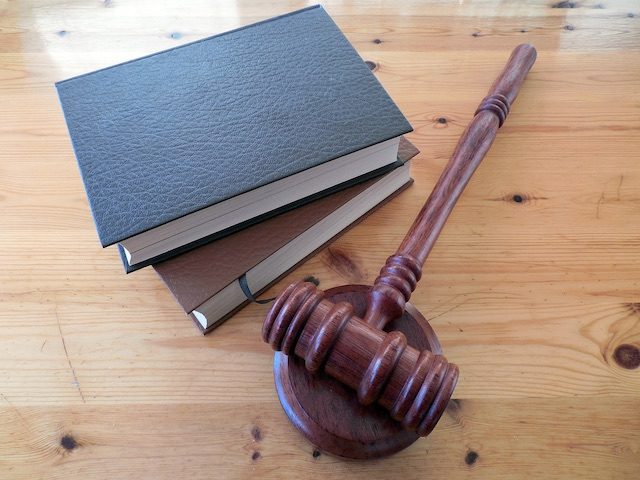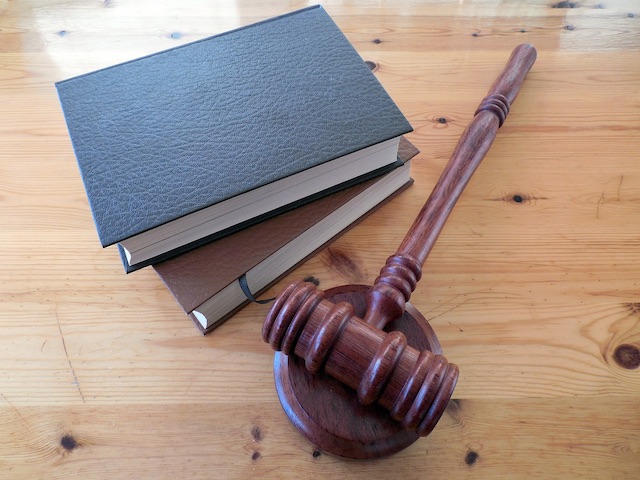
What Is a Motion in Limine
The Definition of a Motion in Limine
A motion in limine is a request by a party to exclude certain testimony during the trial of a case. If the judge grants a motion of this nature, it may have a significant impact on the outcome of the case. It is important to understand when this type of motion can be made and how it may impact a lawsuit.
Motion in Limine Basics
A motion in limine seeking to exclude evidence may be used in a criminal trial or civil litigation. It may be sought at state trial courts or federal courts. It is filed before trial, before even an opening statement is made in the case. During this pretrial filing, the moving party asks the court to exclude evidence that may later be offered at trial. The filing of a motion in limine must comply with the applicable court rules and rules of evidence.
After the party seeking the motion files it, the opposing party has an opportunity to respond to it. The judge makes a decision outside the jury’s presence regarding the information that is trying to be excluded. If the judge grants the motion to exclude the evidence, testimony or records pertaining to the excluded information may not be introduced at trial. If the opposing party brings up this information, a mistrial may be declared.
When Motions in Limine May Be Advanced
An attorney may file a motion in limine for a variety of reasons. In a criminal case, the motion may be used to exclude prejudicial evidence during trial. For example, evidence pertaining to the defendant’s prior criminal history. A plaintiff’s attorney in a civil case may also file a motion of this nature to exclude other prejudicial information. Such evidence could be as to the plaintiff’s medical records.
Other reasons to advance a motion of this nature include if testimony or records are not relevant, material or reliable to the action. If the information that may be declared has less probative value that is outweighed by prejudice to the party, the party’s attorney may file a motion of this nature. A motion in limine may also seek to exclude evidence if it is a violation of the applicable state or federal rules of evidence.
Importance of Motions in Limine
A motion in limine can be a powerful tool to prevent the opposing party’s attorney from admitting irrelevant and unfairly prejudicial evidence to the jury. It can be a useful way to narrow the scope of a case so that it is focused only on the issues at hand, rather than bringing in any evidence used to attempt to smear the reputation of the party. The judge’s decision to grant or deny this type of motion may spur the parties to settle or accept a plea agreement in a given case.
Amar Esq. PLLC is a law firm located in Scottsdale, Arizona. The different types of cases our firm handles can be viewed by visiting our website.

